Scegliere la Giusta Agenzia
All’inizio…
FAQ
Termini di Contrattazione
Commissioni
Scegliere la Giusta Agenzia
Come trovare la certificazione Kosher più adatta alle specifiche necessità della tua azienda?
A meno che non si disponga di unattività commerciale le cui esigenze Kosher possano essere soddisfatte da un consiglio rabbinico locale, si avrà lingrato compito di dover confrontare pregi e difetti delle differenti certificazioni offerte, scoprendo che non tutte le organizzazioni che rilasciano certificazioni Kosher sono uguali!
Lapproccio a questo tipo di processo dovrebbe risutare molto simile a quello che si utilizzerebbe per scegliere un avvocato, un consulente finanziario o un importante dipendente. È quindi fondamentale informarsi a 365 gradi. Fare le domande giuste ed esplorare tutte le opzioni disponibili nel mercato Kosher, può risparmiare alla tua azienda un’esperienza spiacevole e costosa in termini economici.
All’inizio…
Prima di avviare il processo di studio e comparazione degli aspetti positivi e negativi che contraddistinguono le diverse agenzie […]



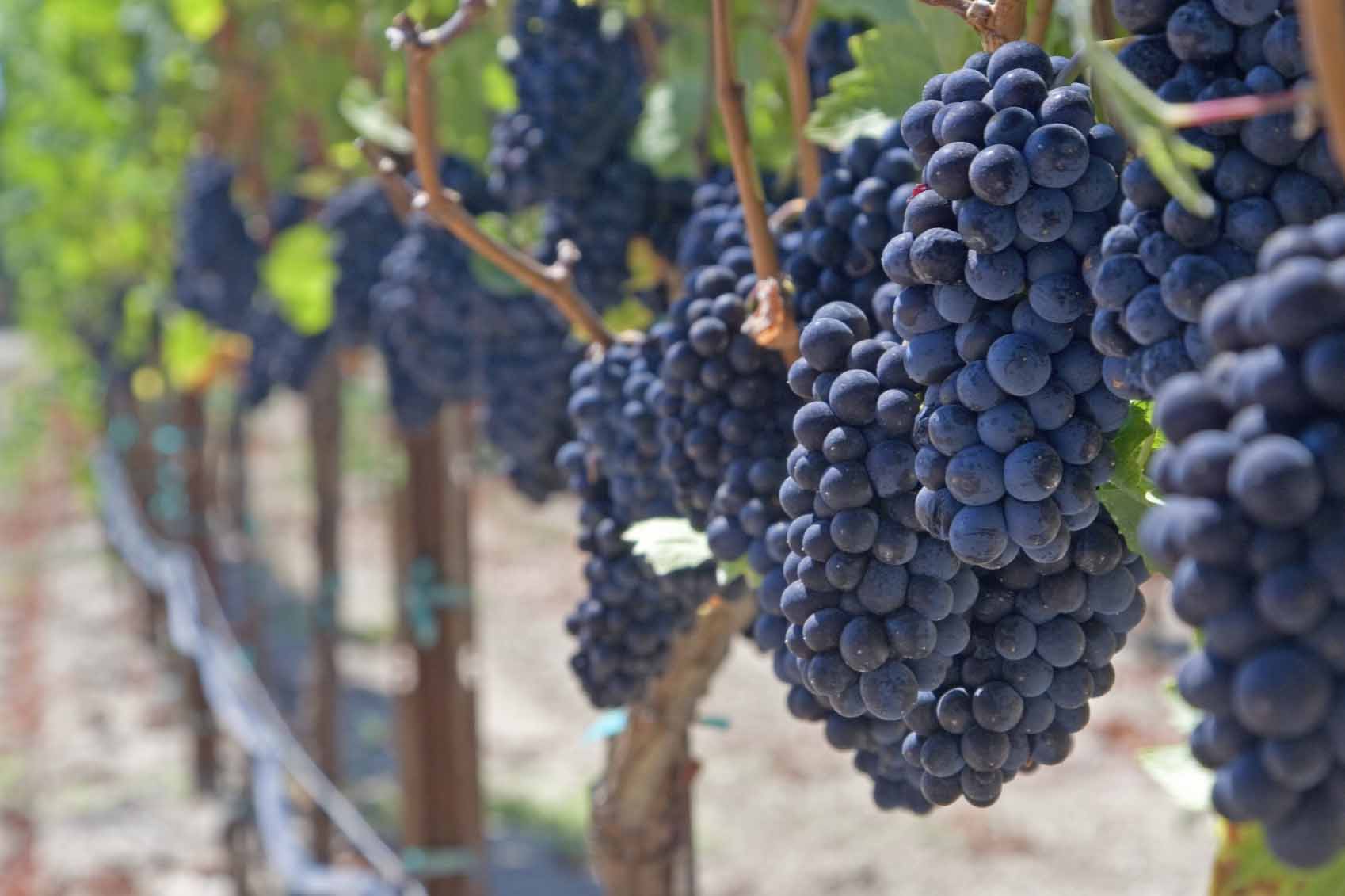

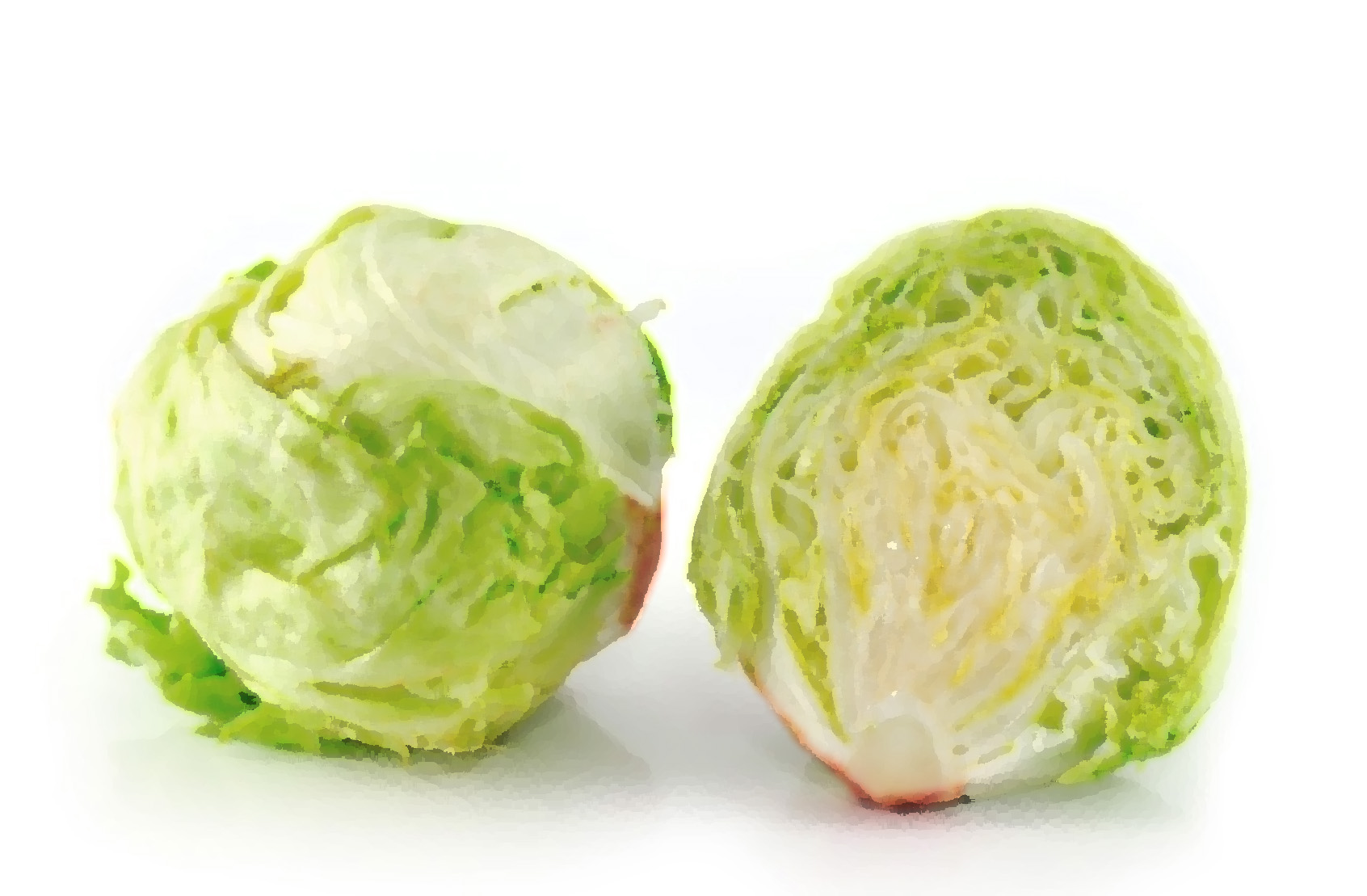

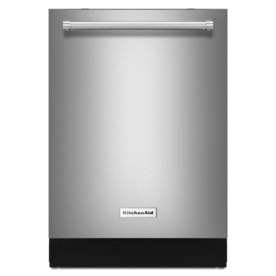



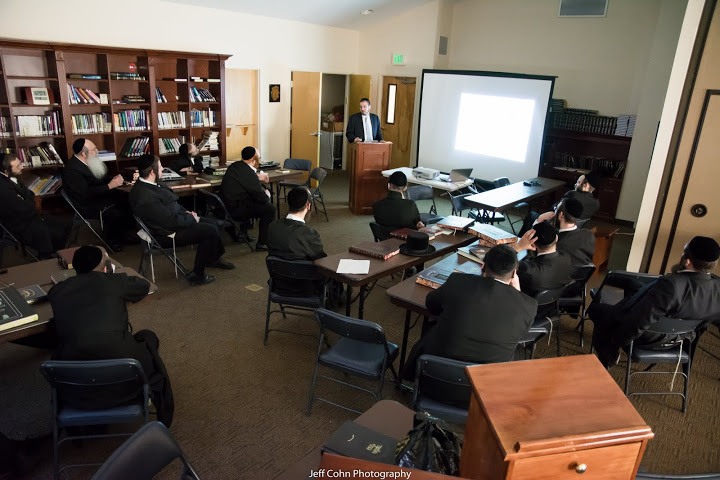

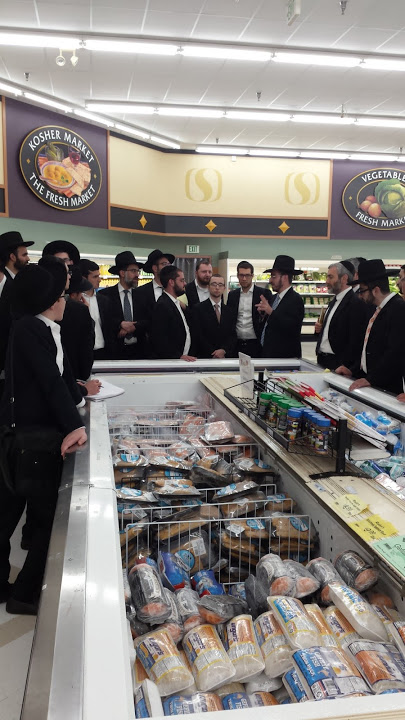

 STAR-D
STAR-D STAR-S
STAR-S